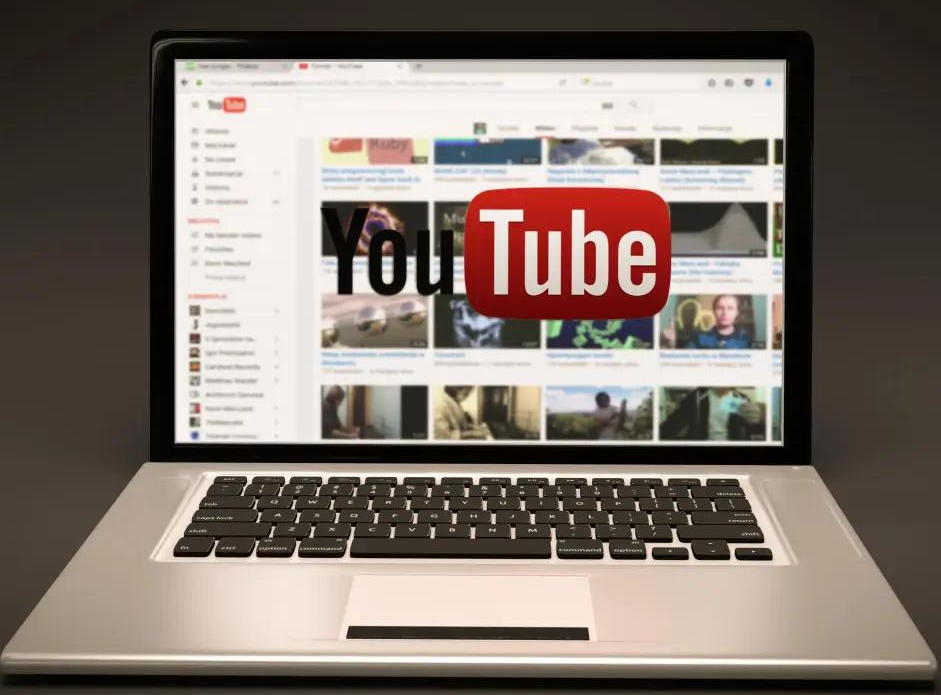The legality of using a YouTube downloader to save videos offline is a topic of heated debate and legal scrutiny. Whether these tools are legal hinges on multiple factors, including how the downloads are used and the jurisdiction you reside in. Let’s dissect the legal landscape surrounding the use of YouTube downloaders, supported by facts and figures to guide potential users.
Understanding Copyright Laws
YouTube videos are protected by copyright laws, and YouTube’s Terms of Service explicitly state that downloading content without permission is generally prohibited. Despite this, the use of YouTube downloaders has surged, with reports indicating that millions of users worldwide download videos daily for personal use, educational purposes, and content review.
Fair Use and Personal Consumption
In the United States, the doctrine of Fair Use may allow individuals to download YouTube videos for certain purposes, such as criticism, comment, news reporting, teaching, scholarship, or research. However, this does not blanket all uses, and the specifics of what constitutes fair use can vary. For instance, a 2019 survey found that approximately 70% of YouTube downloader users claimed they used the tool for educational purposes, potentially falling under fair use exemptions.
Global Legal Variations
The legality of using a YouTube downloader also varies by country. In some jurisdictions, downloading a video for personal use is not prosecuted, while in others, any form of downloading copyrighted material without permission could lead to legal consequences. For example, Germany has strict copyright enforcement laws that actively target both the distribution and download of copyrighted content without permission.

Risks and Penalties
Using a YouTube downloader can expose users to potential legal risks, including fines and litigation. The music industry, for example, has been particularly vigilant, with record companies issuing takedown notices and in some cases, filing lawsuits against individuals for downloading music videos without consent. Penalties can range from hefty fines to, in extreme cases, imprisonment.
Safe and Ethical Use
For those opting to use a YouTube downloader, it is crucial to do so responsibly. Ensuring that downloads are for personal use, without redistributing the content or infringing on the copyright holder’s ability to earn revenue from their work, can mitigate legal risks. Users should also consider the ethical implications of downloading videos, balancing their needs with the rights of content creators.
Navigating Legal Boundaries with a YouTube Downloader
If you choose to use a YouTube downloader, be informed about the copyright and legal issues in your country. While these tools provide a convenient way to access content offline, they should be used with awareness of the potential legal ramifications and a commitment to respecting the intellectual property rights of others.
In summary, the legality of YouTube downloaders is complex and varies widely by location and use case. Potential users must navigate this terrain carefully, armed with knowledge and a commitment to lawful and ethical behavior.